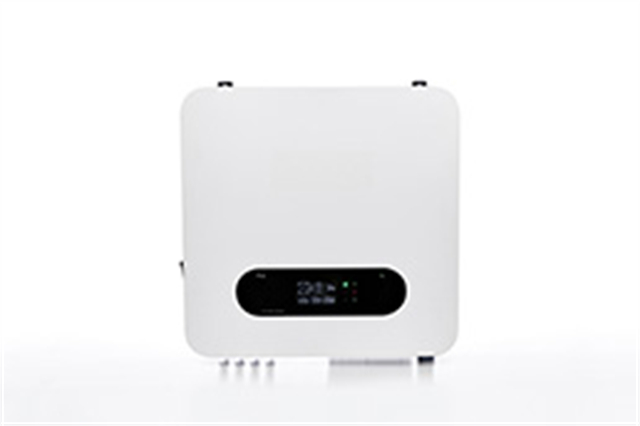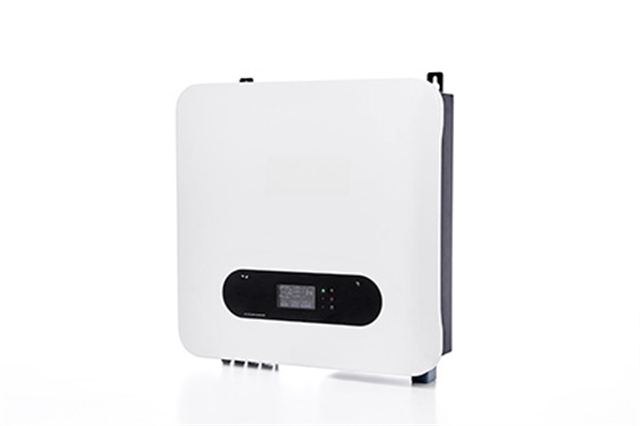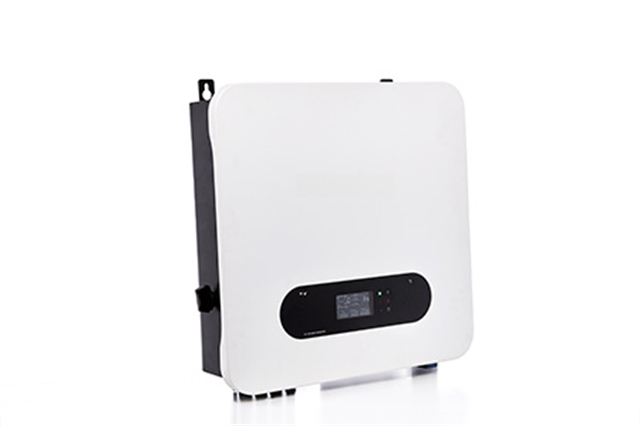Author:BLD Solar Energy SystemFROM:Solar System Converter Manufacturer TIME:2023-10-11
An on-grid tie inverter is an essential component of a solar power system that allows you to convert the direct current (DC) generated by your solar panels into alternating current (AC) for use in your home or business. Choosing the right on-grid tie inverter is crucial for maximizing the efficiency and performance of your solar power system. In this article, we will discuss the key factors to consider when selecting an on-grid tie inverter.

The power rating of an on-grid tie inverter refers to its maximum output capacity. It is important to choose an inverter with a power rating that matches the total capacity of your solar panels. If the inverter's power rating is lower than the combined capacity of your panels, it will not be able to convert all the DC power generated, resulting in wasted energy. Conversely, if the inverter's power rating is higher than the total capacity, it may lead to overloading and reduced efficiency. Therefore, it is essential to carefully calculate your system's power requirements and choose an inverter accordingly.

Efficiency is a critical factor to consider when selecting an on-grid tie inverter. It determines how effectively the inverter can convert DC power into AC power. Higher efficiency means less energy loss during the conversion process, resulting in greater overall system performance. Look for inverters with high efficiency ratings to ensure maximum energy production from your solar panels.

Monitoring and data logging capabilities allow you to track the performance of your solar power system. Some inverters come with built-in monitoring systems that provide real-time information on energy production, power output, and system status. This allows you to identify any issues or inefficiencies promptly. Consider choosing an inverter with advanced monitoring features to gain valuable insights into your system's performance.
Investing in a durable and reliable on-grid tie inverter is crucial for the long-term performance of your solar power system. Look for inverters made from high-quality materials that can withstand harsh weather conditions. Additionally, check for a warranty period that suits your needs. A longer warranty indicates the manufacturer's confidence in their product's durability and can provide peace of mind for years to come.
Safety should be a top priority when selecting an on-grid tie inverter. Look for inverters with features such as overvoltage protection, short-circuit protection, and anti-islanding capabilities. These safety mechanisms ensure the smooth and safe operation of your solar power system, protecting both your property and the utility grid.
It is essential to choose an on-grid tie inverter that complies with your local grid standards and regulations. Ensure that the inverter's specifications align with the requirements set by your utility company. Choosing a non-compliant inverter may result in system compatibility issues or even legal implications.
Consider the reputation and support provided by the manufacturer when choosing an on-grid tie inverter. Opt for well-established brands known for their quality and customer satisfaction. Research customer reviews and ratings to gauge the manufacturer's reliability and after-sales support. A reputable manufacturer will offer technical assistance, troubleshooting guidance, and timely warranty services.
While cost should not be the sole determining factor, it is essential to consider your budget when choosing an on-grid tie inverter. Compare prices from different manufacturers and evaluate the features and specifications offered at each price point. Remember to balance quality, performance, and cost-effectiveness to make the most economical choice for your solar power system.
Choosing the right on-grid tie inverter is crucial for the optimal performance and efficiency of your solar power system. Consider factors such as power rating, efficiency, monitoring capabilities, durability, safety features, compatibility, brand reputation, and cost before making a decision. By carefully assessing these aspects, you can select an inverter that meets your specific needs and ensures a reliable and productive solar energy solution for years to come.
